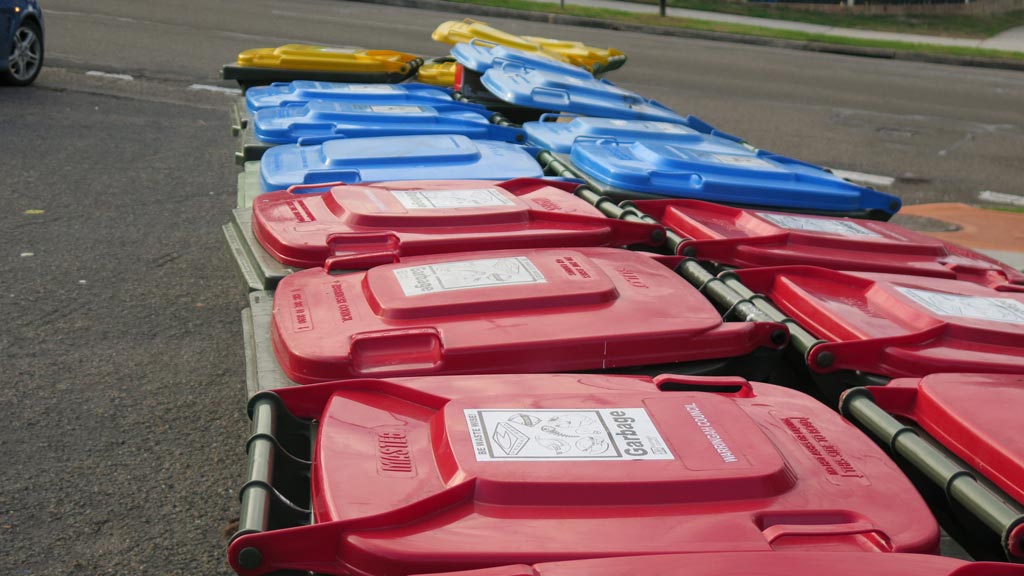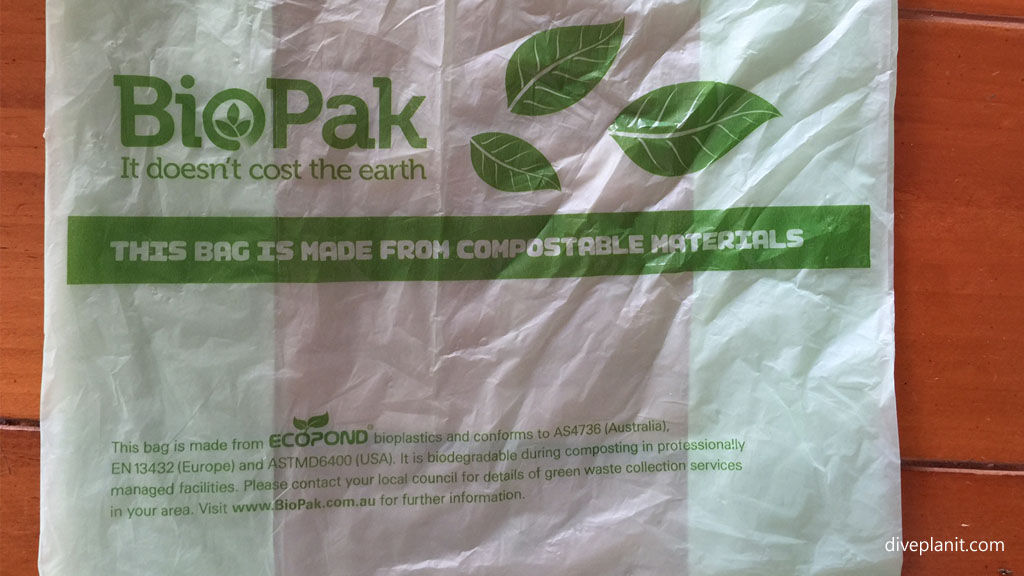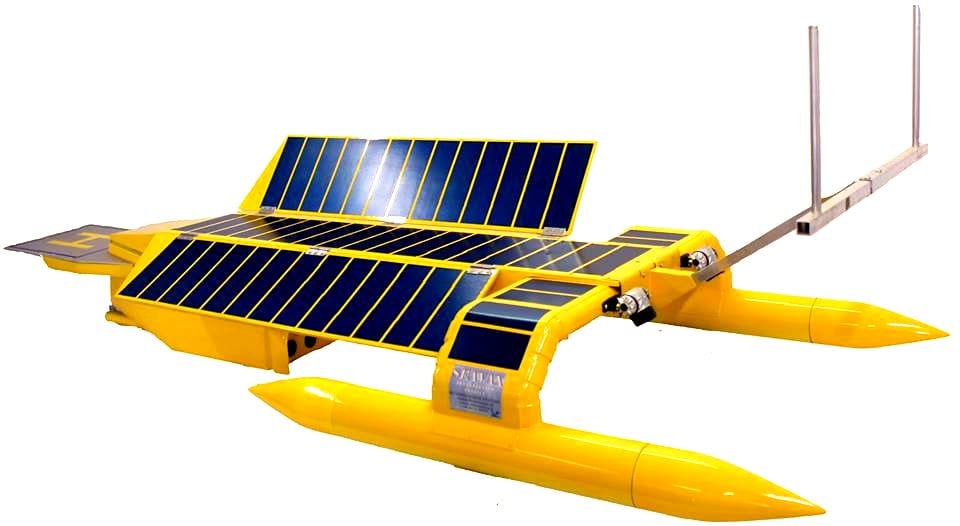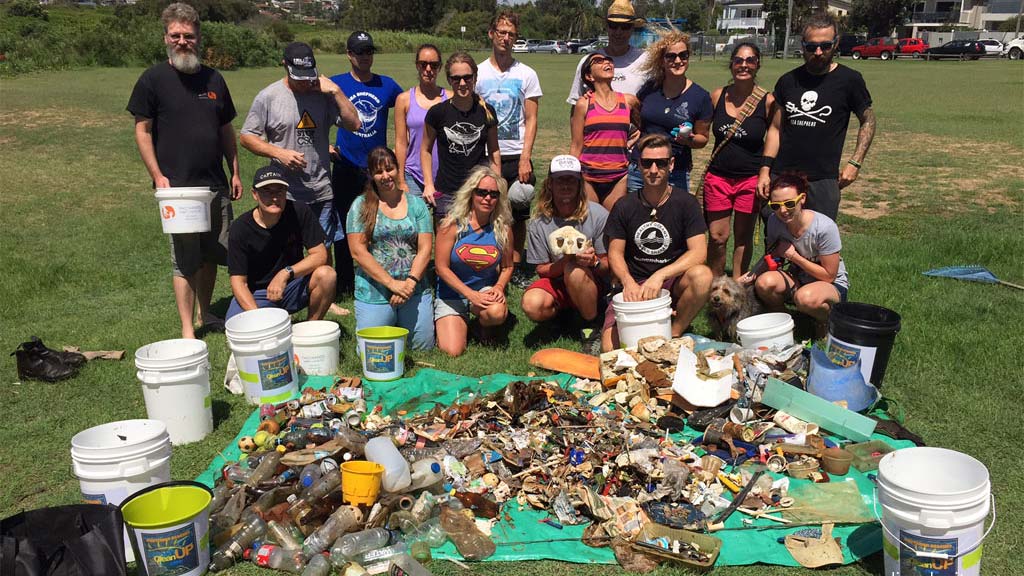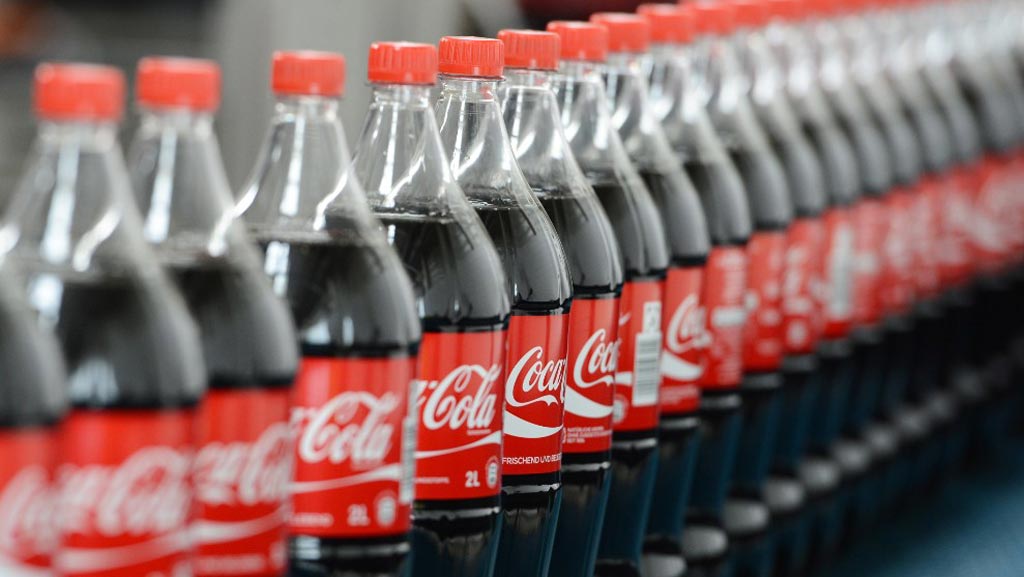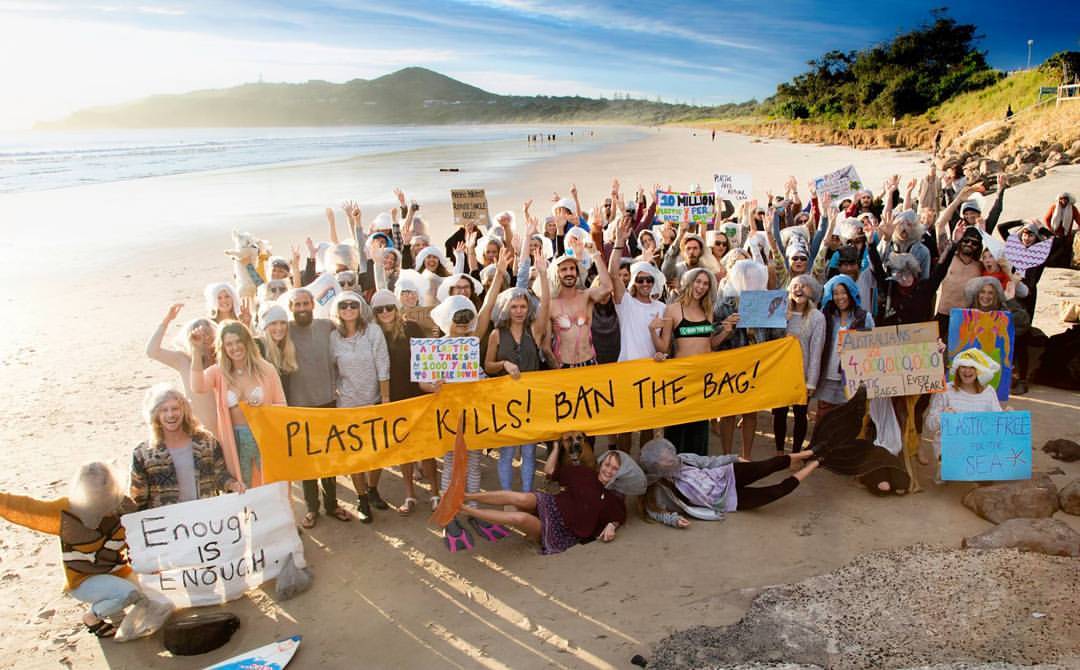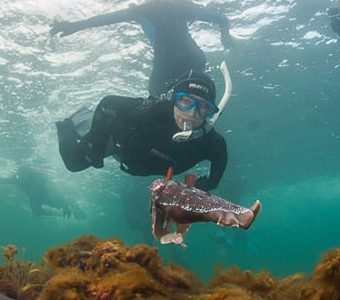‘Toxic tide: the threat of marine plastic pollution in Australia’ is a report by The Senate, published April 2016.
You know when an Australian Senate Committees starts using expressions like ‘Toxic tide‘ – that this is not some trivial issue.
I know you haven’t got time to read a 181 page Senate Report that’s dull as ditch-water and doesn’t even have any pictures! – so I took the liberty to read it for you and present the Diveplanit Explainer for your edification – with some nice pictures.
Super-short Exec Summary
- No-one has owned this issue and therefore no progress has been made. Marine plastic is not restricted by State boundaries, and so the Federal Government must now take responsibility for Action.
- The Senate Committee addressed every major point that environmental groups wanted to get across and backs the call for action on marine plastics with 23 very specific recommendations for the Federal Government.
So thanks to those that contributed the 193 submissions and wrote/emailed/uploaded the 701 form letters. It all counts.
Some quick takes from the report
Just how much plastic?
In Australia 1.5 million tonnes of plastic were ‘consumed’ i.e., ‘used’, in the 2012–13 financial year which equates to approximately 65 kg of plastic for every man, women and child in Australia.
37% of this plastic was single-use disposable packaging (24 kg each) and only 20% is subsequently recycled, which means that 80% or 52 kg each, is not recycled! That’s a kilogram of waste per person per week.
Biodegradable plastic simply ISN’T!
So-called ‘biodegradable‘ and ‘degradable‘ plastics are frequently offered as better alternatives to traditional plastic items. However, the committee received evidence that such products may, in fact, significantly contribute to levels of microplastic pollution in the marine environment. Read why here.
Growing Great Pacific Garbage Patch
“… despite there being public discussion around ‘going out and cleaning up the garbage patches’ in the open ocean, ‘scientists around the world…are pretty much in agreement that that is not really a practical or viable solution‘.”
Personally I argue that any proponent of these hair-brained schemes is doing us a dis-service – it removes the responsibility we have to clean up our own mess!
Your Beach Clean-up Counts
Tangaroa Blue coordinates the AMDI (Australian Marine Debris Initiative) and its database of marine debris. Over the years 500 tonnes of debris has been removed from 1,729 sites and catalogued. So a big hand to anyone who has helped with a beach clean-up – keep up the great work. This is valuable data you’ve been collecting!
‘Disposable’ Plastics – that AREN’T!
Mr Ian Hutton suggested “…removal of the word ‘disposable’ in consumer goods and packaging”. It’s hard to think of a single word that means “put it in a big hole in the ground and let future generations deal with it because we are not prepared to wear the true cost of dealing with it ourselves”. So yes, great idea Ian – that would be a good start.
You’ll be pleased to know that a refund CDS (aka a proper Container Deposit Scheme) not that less-than-useless alternative proposed by the companies that sell sugary drinks in plastic bottles is the Number 1 Recommendation.
Key recommendations
Here are the Senate Committee’s key recommendations (of the full 23):
- All States should have container deposit schemes in place by 2020 and, if they don’t, the Federal government should do it for them
- Ban plastic bags
- Ban microbeads
- Use the Packaging Covenant to help develop alternatives to plastic packaging
- Financial support to address ghost nets and reinstate funding for the ghost net removal program
- Better enforcement of pollution laws to stop plastic from factories getting into our marine environments
So what can you do right now?
Keep the bastards honest
- We all know the politicians will be seeking wriggle room and claiming there’s no money in the budget for these measures. But banning plastic bags and microbeads doesn’t actually cost anything. Neither does ensuring the States like NSW follow through on their commitments to implement a refund Container Deposit Scheme. Continue to stand up for what you believe in and sign every petition that’s going
Be visible
- Keep doing what you do: whether that’s a beach clean-up, Dive against Debris or Plastic Free July – and make sure others see you doing it and explain to people why you do it. We do it because we actually care – and that could be contagious.
Here’s the Video from the Boomerang Alliance. Together we will make progress.
If you liked this post, you might also like the article: Slow your use of Single-Use.

